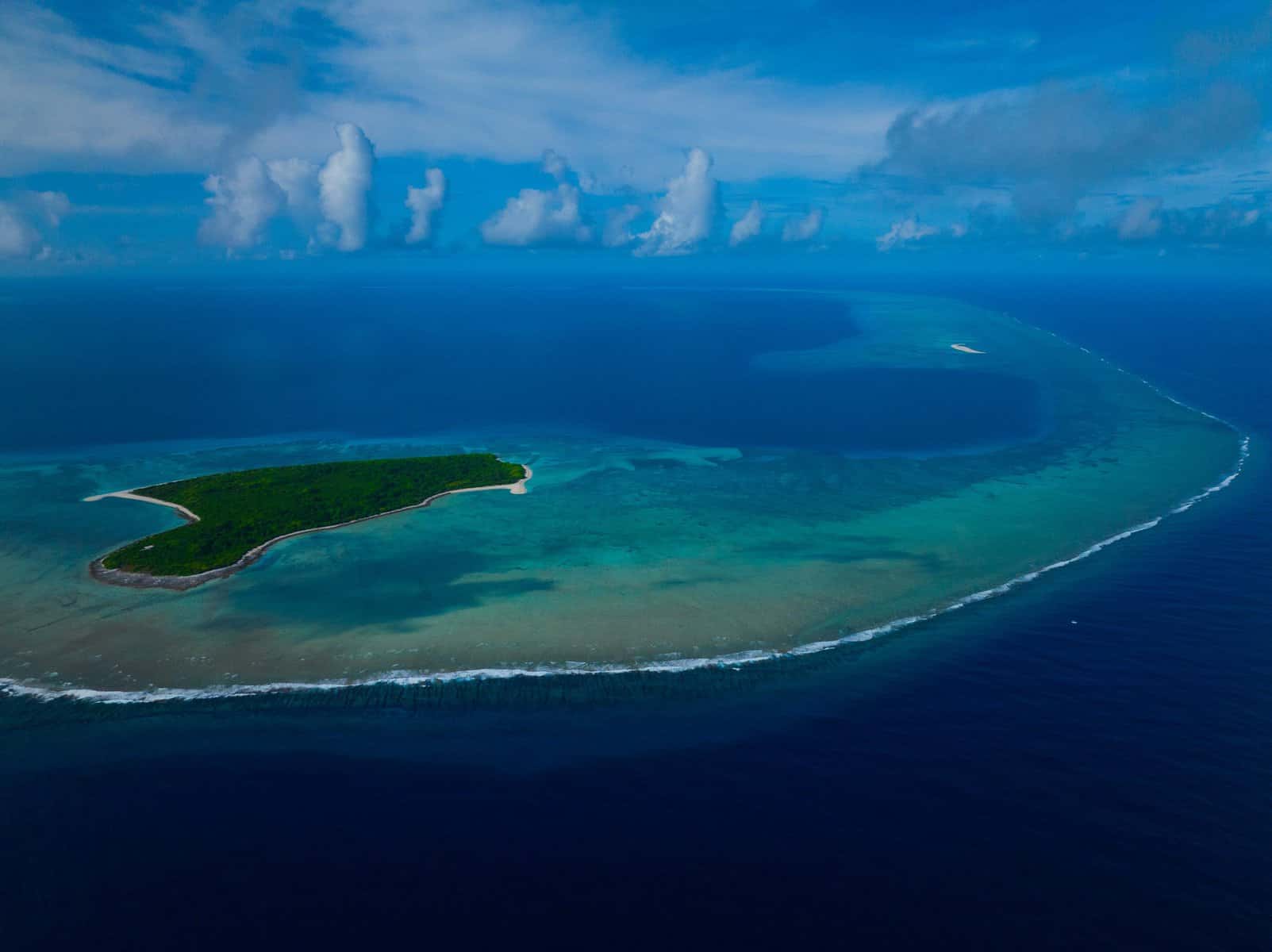It’s taken 70 years but some of the life is slowly coming back around Bikini atoll, ravaged by the United States’ nuclear tests in the Marshall Islands immediately after World War Two.
For a team from the National Geographic Pristine Seas project, it’s a study in contrasts to visit Bikini and another neighbouring atoll impacted by the bombs. And then to take in two remote atolls that are 60 hours by boat from the capital, Majuro, earmarked by the government for protection.
Please Subscribe to view full content...
